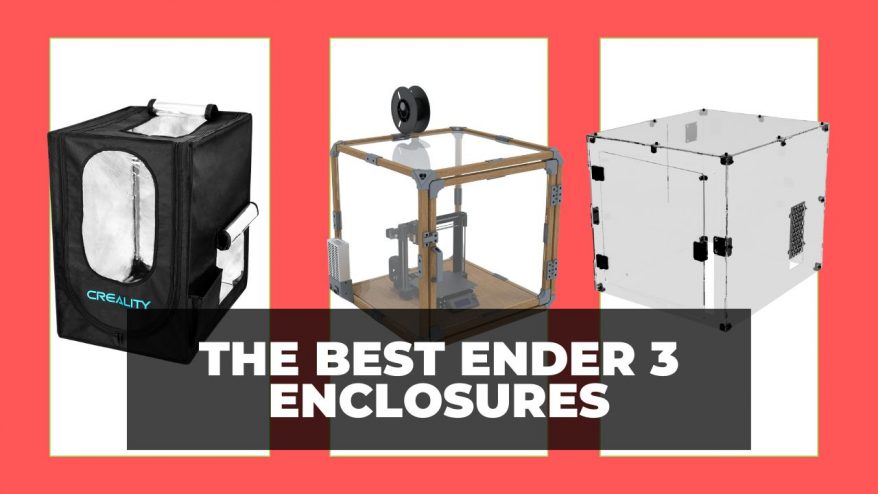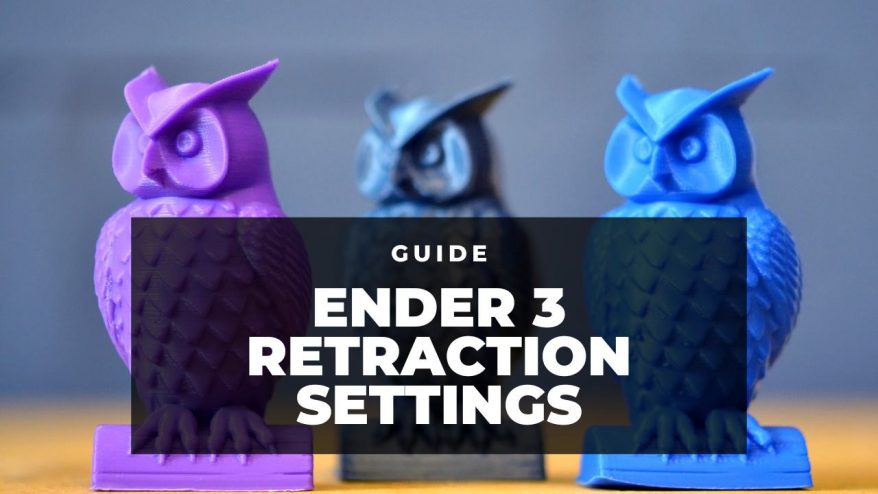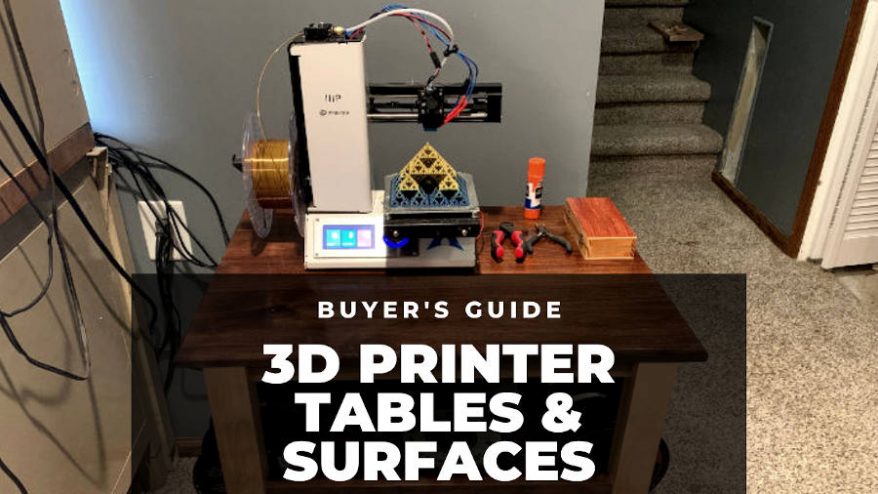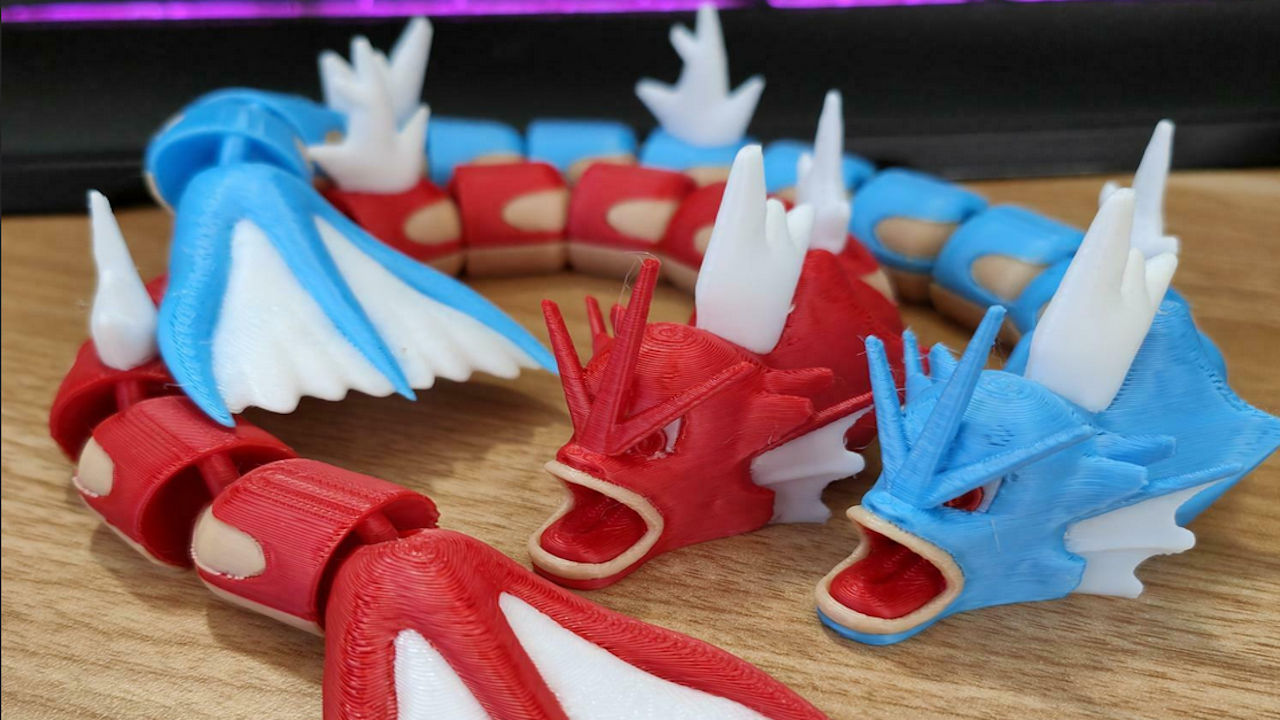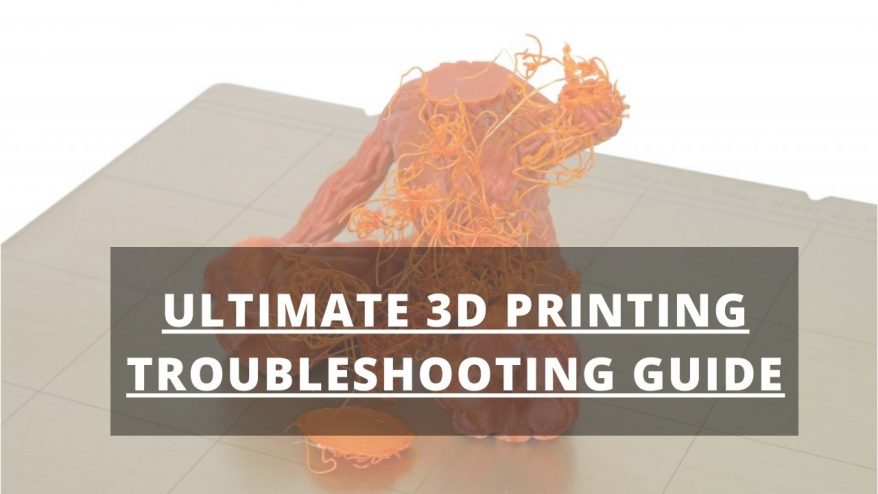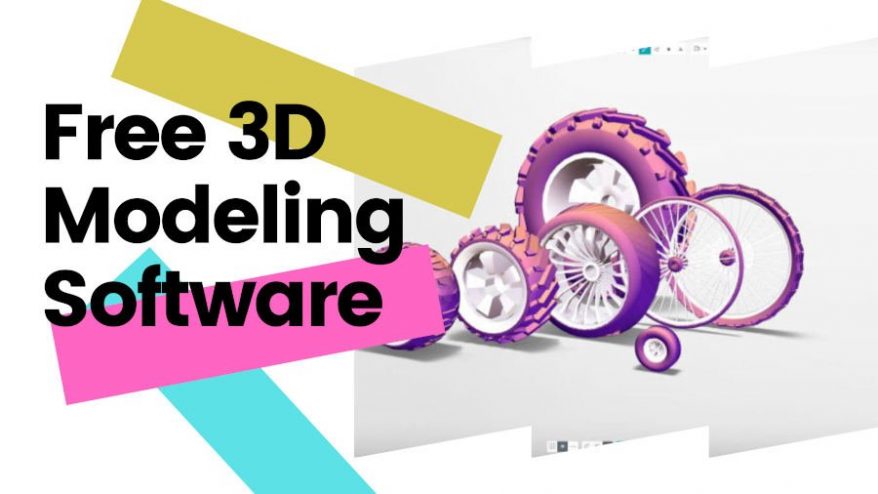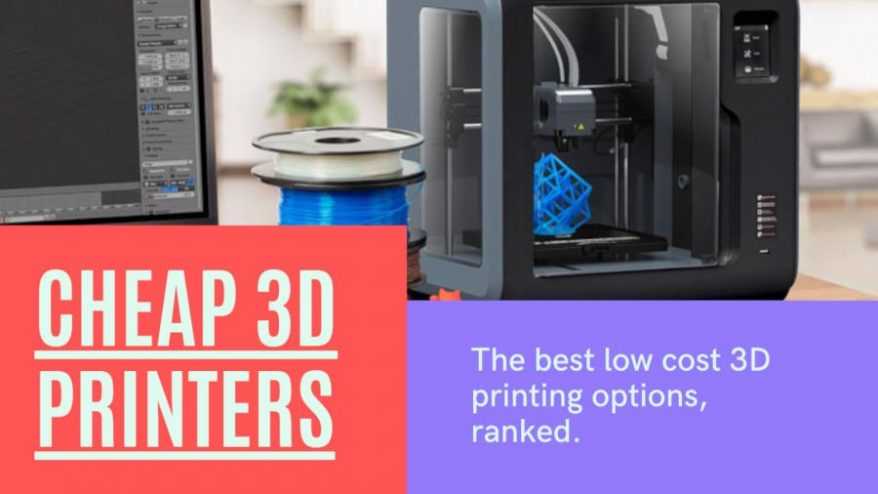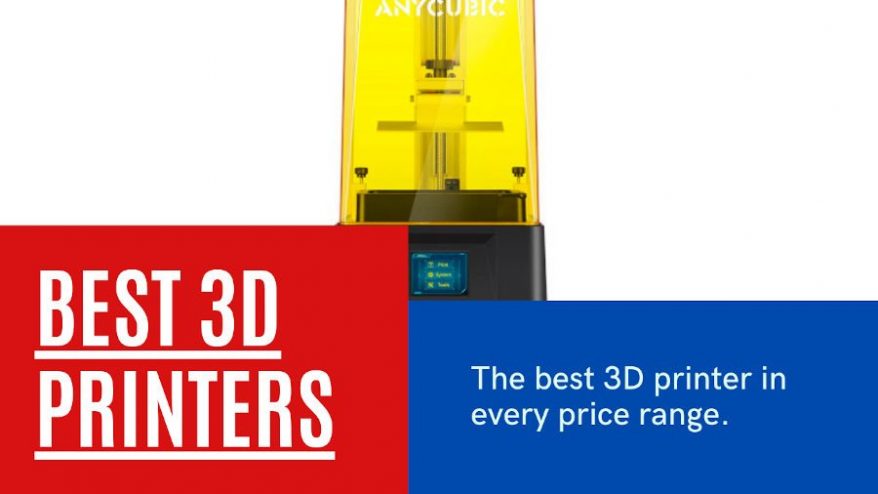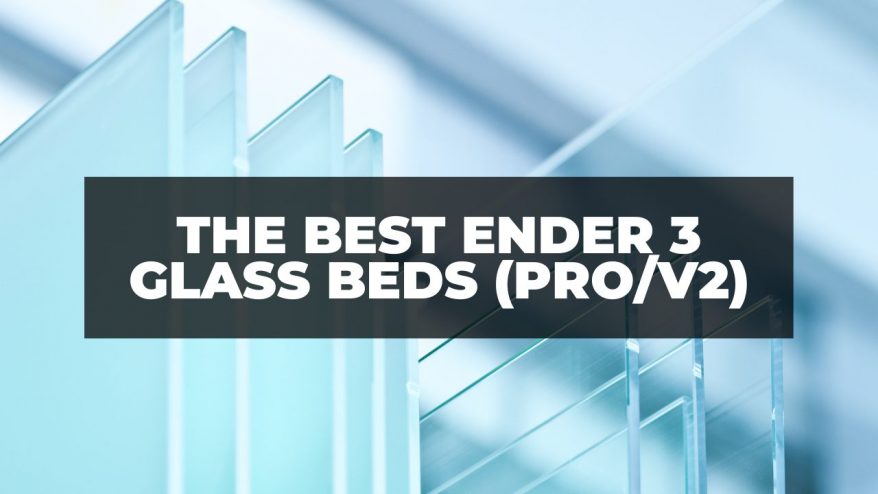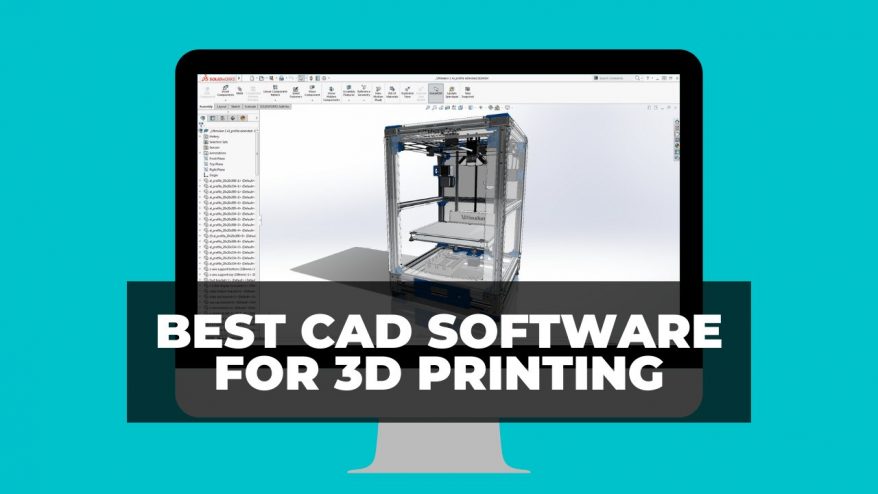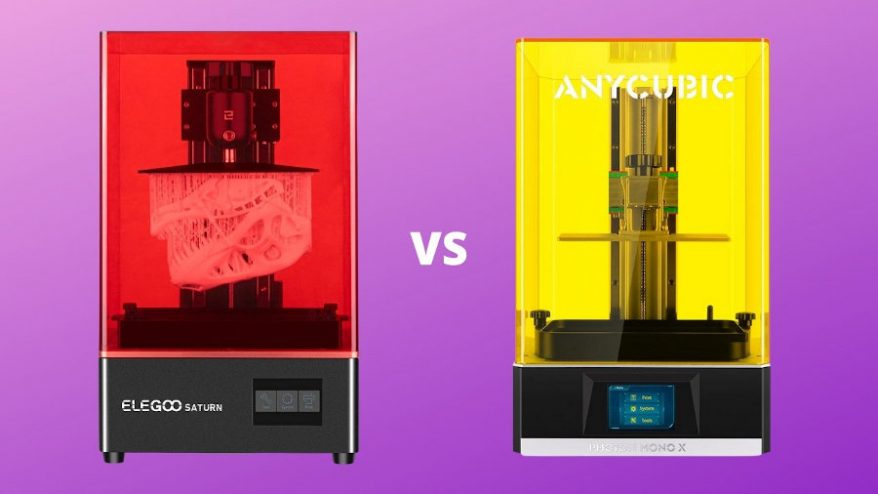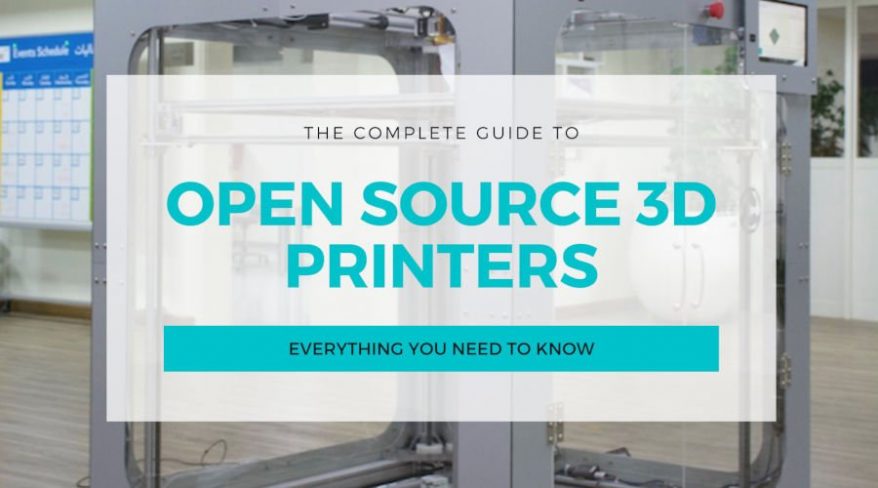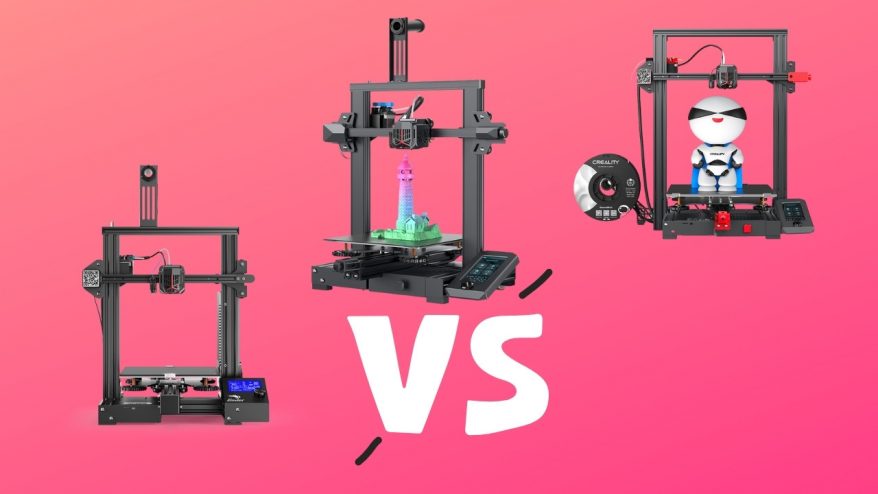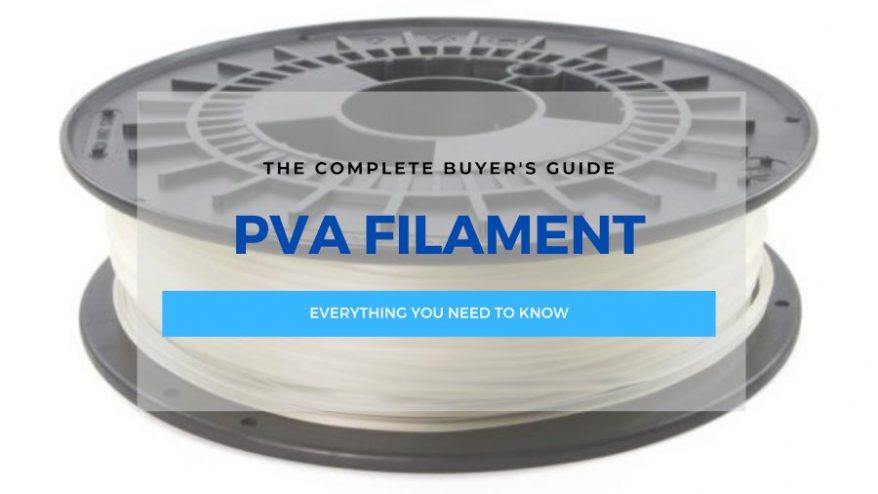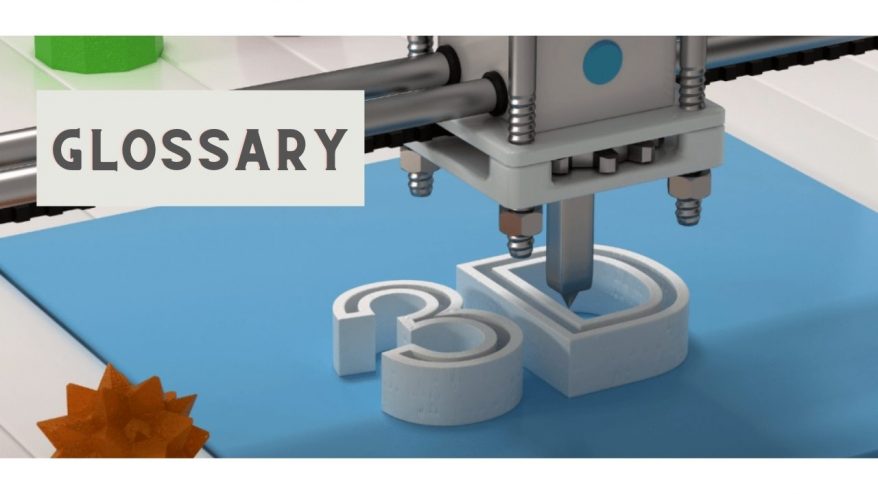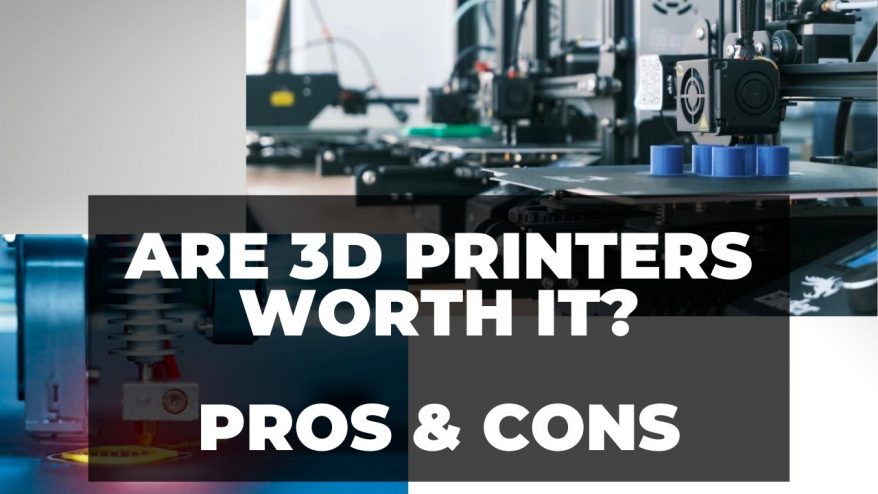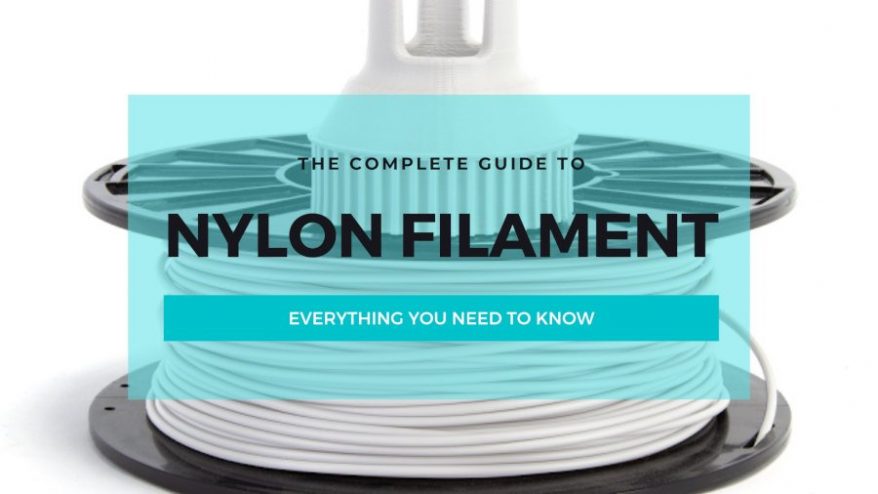
3D Printing Lithophane: All You Need to Know


At 3DSourced we’ve covered everything 3D printing and 3D since 2017. Our team has interviewed the most innovative 3D printing experts, tested and reviewed more than 20 of the most popular 3D printers and 3D scanners to give our honest recommendations, and written more than 500 3D printing guides over the last 5 years.
3D printed lithophane is a hobbyist’s best friend. When it comes to cheap, easy, and aesthetically stunning 3D printing projects you can do at home, 3D printed lithophane stands head and shoulders above the rest.
Part 1: What is 3D Printed Lithophane?
Lithophane is the name given to an etched or molded piece of artwork using very thin material. Historically, lithophane was manufactured by hand using materials like porcelain, but the process has evolved in modern times.
When light shines through the lithophane product, the thinner areas appear lighter, while the thicker ones block light and appear darker. This contrast creates a stunning image with the potential for incredible detail, especially with the precision 3D printing is capable of.
3D printing lithophane is perhaps the best first step for hobbyists looking to kickstart their passion for 3D printing. While there are a number of tricky technical aspects to understand and bear in mind, there are also numerous benefits.
In the case of 3D printing, many lithophane products can be achieved on any standard FDM 3D printer or SLA printer.
However, there are also special resins available that are specifically tailored for lithophane printing, which usually retail for between $100-$180 per liter online.

It is cheaper than the majority of other projects as it uses much less material, can be printed quicker, and has a touch of personalization that will bring a smile to your face.
Lithophane is capable of recreating any photograph with a stunning amount of detail, and for this reason, 3D printed lithophane has become a very popular industry on online personalized gift-buying stores like Etsy.
It is even more feasible as lithophane can be printed much faster than most 3D printing projects. Depending on the size and complexity of the project, the simplest designs can be printed in as little as 2 hours. But even more complex, moderately sized products can be finished in 8-10 hours.
With all this considered, 3D printed lithophane is an accessible and entertaining project for both new and experienced hobbyists. Now, let’s look at how you can do it yourself.
Part 2: How to Successfully 3D Print Lithophane
Step 1: Choose Your Photograph
With this method being easier, there are a few limitations on what photographs you can use and still get a great result. Firstly, you will need a reasonably high-resolution photo with a good contrast.
This means that printing the family snap from your old photo album won’t work. Try something more modern. If you want to try a slightly older picture, you can manually bump up the contrast settings on your computer, or putting it through a black and white filter will also help.
Step 2: Prepare Your Photograph
In recent years, Adobe have begun incorporating a lot of 3D modeling features into Photoshop. That is what we’ll be using here. It is a good, user-friendly 3D modeling software. It has built-in lithophane features to make it super easy, too. Though, it costs around $25 per month, but if you just want to try it out, they offer a 30-day free trial.
Once you’ve loaded your photo into Photoshop, open the Actions tool, open the Make Lithophane folder and then click the Play Icon. It will then go through a process of adding textures, slicing the model, and other necessary features to your image.

This is based on the software’s best guess, meaning that more complex designs will give it some headache. It will also take some time, so leave it to do its work and do not do anything that might lead your computer to crash.
Step 3: Choose Your Printer Settings and Print
It is important to correctly select the settings for your 3D printer. This will depend on what printer you own, so there’s no one approach for everyone. Do some research to get the right settings for you.
Some particular settings to pay attention to are the nozzle speed and the Max Proportion in Pixels. Both of these will determine the finished resolution of you lithophane.
After this, you’re ready to get printing. Obviously pay close attention the first few times to troubleshoot any problems, but if you’ve done everything right, you should not have many issues.
For More Experienced Users
If you have some experience 3D printing in general, or if you are confident making lithophane, the way to get the best results and resolutions is to do each element manually; modeling, texturing and slicing.
There are multiple helpful programs out there, many that you may have used in other 3D printing endeavors. There are several design programs specifically designed for lithophane modeling, and specialized slicing tools that will help you get an expert finish.

Part 3: The Advantages and Disadvantages of 3D Printing Lithophane
Advantages
Cheap
3D printing lithophane is much cheaper than other projects due to the reduced quantity of material. This has allowed many hobbyists around the world to launch successful side businesses custom printing lithophane.
This makes it one of the most financially accessible projects for both new hobbyists and those on strict budgets.
Fast and Easy to 3D print lithophane
The manual design-to-print times for lithophane products are much quicker than other 3D printable parts. Much of the design comes from the image, meaning that only the framing structure requires any work to perfect.
This, combined with helpful designing and slicing software makes it easy for less experienced individuals to successfully produce quality lithophane products. And it can be done with a range of accessible materials and hardware.

Disadvantages
Fragile
The contrasts in thickness within lithophane products mean that they can be extremely brittle and poorly resistant to impact or stress. For this reason, lithophane needs to be kept safe from damage or risk breakage.
Lithophane should predominantly be kept indoors and safely away from danger. Lithophane is purely a decorative medium, and its fragility limits where and when it can be displayed.
Requires Lighting
After production, lithophane is very unassuming to look at. It is only once light is shone through the product that the design becomes visible. For this reason, lithophane must be kept close to a lighting source in order to be seen. Whether it be a window for natural light, or a lamp.
This is not necessarily a huge problem, but it does mean that your lithophane is virtually useless in the dark without some kind of artificial illumination.
Part 4: Cool Lithopahane 3D Printed Projects
To get you interested in trying out 3D printing lithophane at home for yourself, it is worth taking a look at some of the most eye-catching lithophane products created by makers worldwide.
One of the things that sets 3D printing lithophane apart from other decorative manufacturing methods is the ease with which you can print on different shapes. Seeing opportunity, many have managed to create a number of lampshade designs.
If you are not persuaded by the idea of using family photos to create a personalized lampshade, there are many more general, yet no less attractive designs that could add a touch of flair to your home décor.
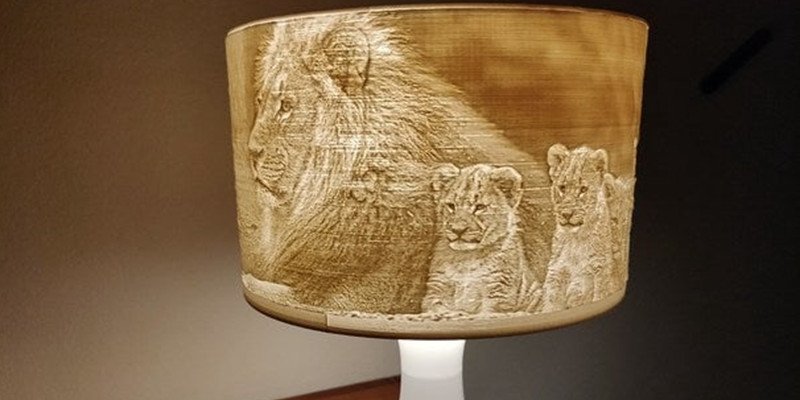
It is also possible to print spherically, meaning that it is possible to create stunning illuminated desktop globes, lit from beneath.

Those more experienced at 3D printing have showcased their ability online with designs that are awe-inspiring in their scale and complexity.

No matter your experience or skill level, the opportunity and support is out there to 3D print incredibly attractive and detailed lithophane that can add unique beauty to any space.

